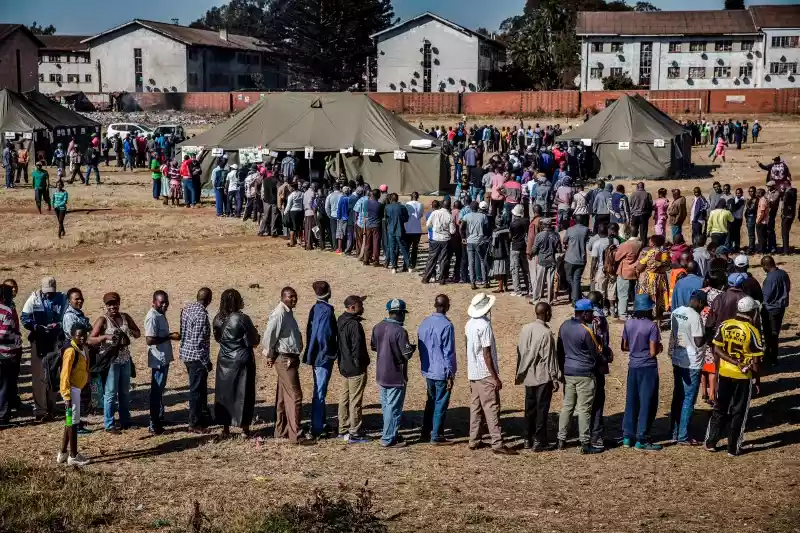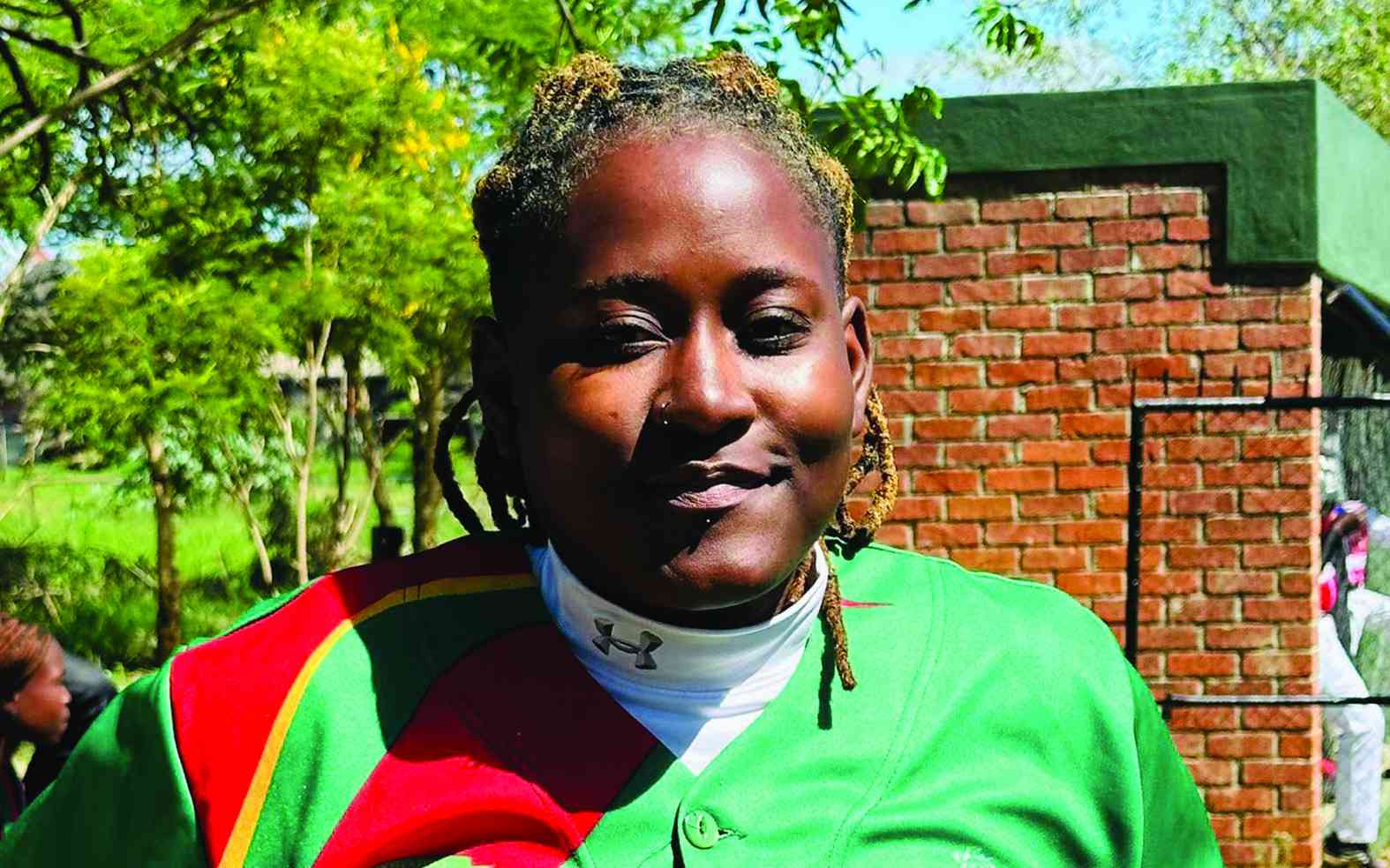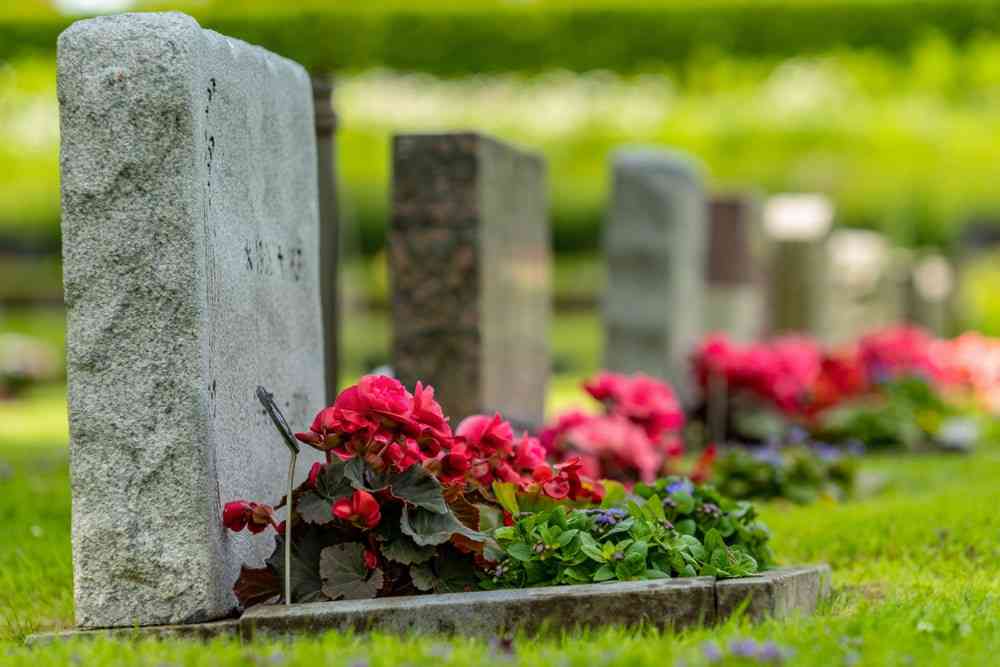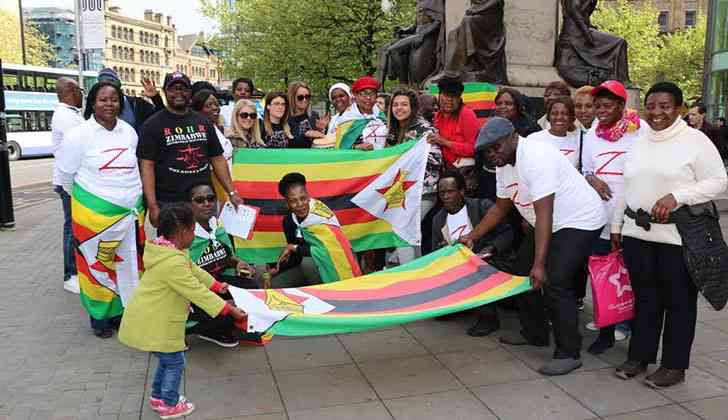
ZIMBABWE is now in full election mode as it gears up for the August 23 polls and a number of child rights concerns arise during the election period.
These include the involvement of children in political campaigns, the use of schools at political rallies and polling stations, especially during the school term. Children can also become victims of political violence.
This, undoubtedly, results in the violation of children’s rights such as the right not to be compelled to take part in any political activity, the right to education and the right to be protected from all forms of abuse, among others.
Zimbabwe has not been spared in this conundrum. Regrettably, Zimbabwe’s elections have historically been characterised by violence and harassment, with children bearing the brunt of it as they are abused by politicians.
For instance, in the case of Amalgamated Rural Teachers Union of Zimbabwe (Artuz) and Another vs Zanu PF and Another (2018), the applicants sought an interdict to restrain the respondents from conducting activities that violated children’s rights.
This stemmed from the ruling party’s practice of coercing schoolchildren and teachers to attend rallies, forcibly closing schools and the use of school premises and property for political rallies, among other issues.
The period between February 12, 2016 and February 23, 2017, witnessed an estimated 48 200 children from Mashonaland Central, Manicaland, Bulawayo and Matabeleland South provinces being forced to attend political rallies.
Consequently, the High Court issued an order that inter alia prohibited the forced attendance of schoolchildren and teachers at political rallies, conducting rallies on school premises and the utilisation of school property for political purposes.
- Schools closure fuel drug abuse
- Riding roughshod on restive workers will backfire Mr President
- Corruption Watch: Get scared, 2023 is coming
- Schools closure fuel drug abuse
Keep Reading
Additionally, the Primary and Secondary Education ministry was prohibited from assisting political parties in any of these activities.
Fast forward to 2023, despite the court order, political parties have displayed disregard for the High Court order.
Despite organisations like Artuz initiating a safe schools pledge for political parties and politicians to sign during the election period, the situation on the ground tells a different story.
Just last week, during a multiparty liaison meeting hosted by the Zimbabwe Electoral Commission at Girls High School, skirmishes erupted, posing a serious threat to student safety.
Mainstream media evidence indicates that some political parties continue to use school buses to transport their supporters to rally venues.
Consequently, schoolchildren are being compelled to attend rallies, disrupting their education in an attempt to boost numbers. Moreover, rallies are persistently taking place at schools.
As the momentum of the election intensifies, concerns arise regarding the cessation of this cycle of abuse.
It is disheartening to witness the lack of decisive action on the part of the police and government against political parties that violate children’s rights.
Artuz is now contemplating the early closure of schools to protect children since political parties are disregarding the call to create a safe environment in schools during this election period.
Artuz alleges to have received almost 600 reports of rights violations in schools as politicians tussle for power, making schools unsafe for teachers, children and school property.
Furthermore, recent Afrobarometer data amplifies the concerns surrounding Zimbabwe’s electoral climate.
The data reveals that approximately six in 10 citizens (59%) fear becoming victims of political violence during elections.
Additionally, nearly half of the respondents (48%) indicated that the conduct of previous elections in their constituencies frequently led to violence.
Shockingly, half of the citizens (50%) report violence occurring in their neighbourhoods due to past elections.
A majority of respondents (55%) believe that competition between political parties often leads to violent conflicts.
These figures underscore the volatility within the country and emphasise the precarious situation faced by schools during the struggle for political power.
This calls for the urgent action by government to ensure the protection of children’s rights during elections.
It should be recalled that section 81(1)(e) of the Constitution provides for the right of children to be protected from any form of abuse, while section 81(1)(f) provides for children’s right to education.
In terms of section 81(h), children should not to be compelled to take part in any political activity. A child’s best interests are paramount in every matter concerning the child.
These rights are further protected in the African Charter on the Rights and Welfare of the Child, which has been ratified by Zimbabwe.
The State, thus, has an obligation to take necessary effective measures to safeguard children’s rights enshrined in these instruments, including during the election period.
While acknowledging the measures put in place by the government to promote and protect children’s rights, government is called upon to increase its efforts in ensuring that children are protected during the election period.
Government is, therefore, recommended to enact laws and policies that protect children’s rights during elections.
Additionally, guidelines should be developed for political parties’ dealings with children. These should include the prohibition of the use of school premises and property for political purposes, particularly during the school term, and the prohibition of school closures during elections.
The use of school premises as polling stations should also be closely monitored. Further, any election-related child rights violations should be adequately remedied, including through prosecution of offenders.
Awareness raising initiatives on protecting children’s rights during elections should also be conducted in collaboration with civil society organisations and development partners.
Political parties also have a role to play in ensuring that their activities do not infringe upon children’s rights and they are strongly urged not to use children in their political activities and to desist from disrupting children’s learning during their campaigns.
In all these efforts, particular attention should be given to children in vulnerable situations such as children without parental care, children with disabilities and children from the rural areas.
Nyasha Mcbride Mpani is a project leader for the Data for Governance Alliance at the Institute for Justice and Reconciliation based in Cape Town, South Africa. Opal Masocha Sibanda is a technical expert at the Secretariat of the African Committee of Experts on the rights and welfare of the child of the African Union based in Maseru, The Kingdom of Lesotho.











